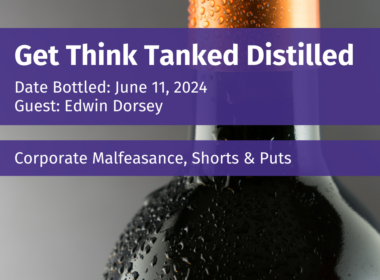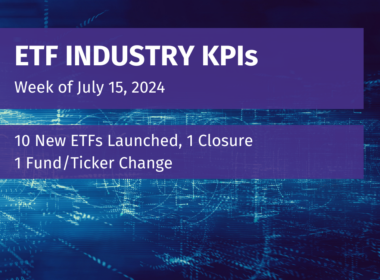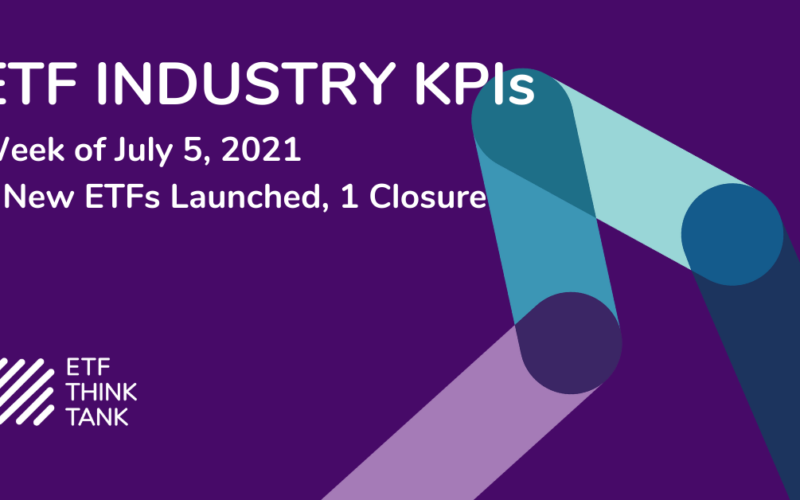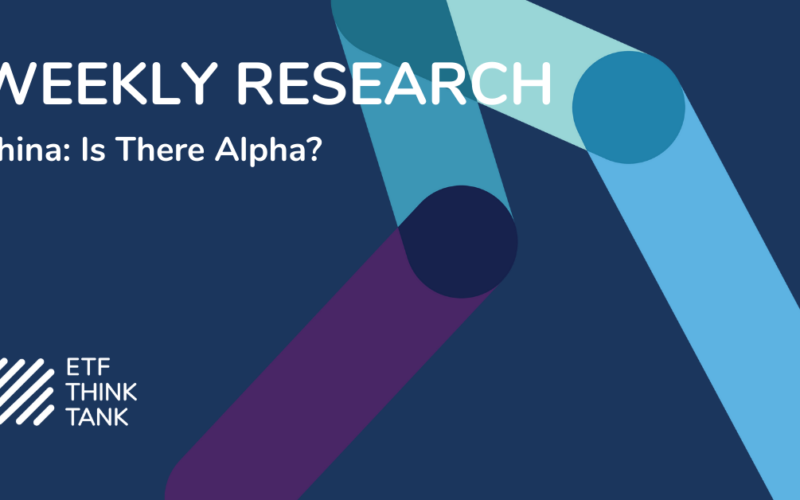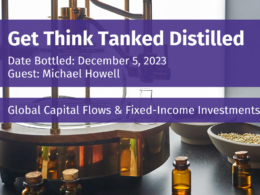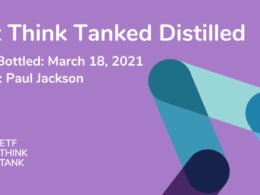The emergence of meme stock mania in 2021 has reinforced the idea that emotion and self-confidence drive investor behavior more than a desire to research or follow fundamentals. Peter Atwater is a former Wall Street economist who redefined himself mid-career to study social psychology and confidence-driven decision making. The current market environment gives him plenty of material to work with.
Atwater’s style has become one that has gone from quantitative to qualitative and he admits that he is one of the few who does not pay much attention to data. He says that people do not remember numbers, they remember how something makes them feel. He uses the example of how someone remembers how beautiful a summer day felt and looked, but they never remember the temperature.
Atwater also offered his thoughts on the K-shaped recovery and where the post-COVID economy is headed. He sums it up well, saying that if you sat for a living, you probably ended up doing just fine. If you stood for a living, you were probably having some trouble. The government’s response didn’t necessarily help because it was driven by the idea of “trickle down”. The ones at the top were going to benefit first and the entire system was catered to those who could afford it. For those at the top, the recovery was swift. The lag for those closer to the bottom has been long and sustained.
One of the main themes that Atwater consistently reaffirms is the idea that emotions and feelings drive decision making more than numbers. We take risks based on how we feel. For example, if you are playing blackjack at a casino and you’re riding a hot hand, you may be willing to become more aggressive even though the odds of winning or losing are the same with every hand. A more economically relevant example is inflation. The official number may be 2-3%, but if people feel like it is 20% because food, gas and healthcare prices are rising quickly, they’re more likely to change their spending and saving habits.
Along those same lines, Atwater thinks of inflation in terms of a change in affordability and a change in availability. Scarcity is perhaps the most important factor in defining true inflation risk. If there is a number that matters, it might be the price of gas because it has a homogenous demand, it affects everybody and the price is in big numbers at every gas station, so it’s easily quantifiable.
The repetition of higher prices will give people the feeling of where prices are headed. In the 1970s, nobody remembers the price of gas, but they do remember waiting in line. In more recent times, the toilet paper shortage led people to build pantries and hoards. It is the perceived shortages of goods that can lead to inflation due to scarcity.
Among Atwater’s other thoughts:
- Is current inflation “transitory”? The more accurate term is “non-extrapolatable”. Transitory inflation requires people to believe it is temporary. Therefore, we cannot believe it’ll keep going. In reality, it’s not the Fed’s decision, the crowd will decide.
- Could we see a U.S. government debt downgrade? The current market looks reminiscent to 2011. Unless ratings agencies have explicitly stated that government debt does not matter, they have a fiduciary responsibility to address credit quality. An emotional reaction based on social mood will happen far before our ability to issue debt is impacted.
- What are your feelings on cryptocurrency and Bitcoin? It is a great indicator of sentiment, but it’s definitely become more combative. It is not enough that I’ve made money. Now I need to have my opponent’s head on a stick.
- How does the active vs. passive argument look? We are starting to understand some of the shortcomings of passive investing. Its success has fed upon itself, but we are at the point where something else will need to arrive. The extreme shift to passive is a result of cognitive laziness. There is an enormous level of complacency in passive investing that doesn’t get talked about.
- How is the 60/40 asset allocation not broken? Both asset classes are at record highs, so it’s hard to think it’s not a problem here. The real risk is people leaving altogether, not just switching to cash. It is not about risk-off, but risk-out.
Atwater wraps things up noting that we are a nation divided both financially and politically. Those things will start to matter. It won’t be left vs. right. It’ll be top vs. bottom.
This week our guests will be Caitlin Cook and Jeremy Schwartz, joining us to discuss ETF models and the RIA adoption of cryptocurrency. Sign up here.
Disclosure
The information provided here is for financial professionals only and should not be considered an individualized recommendation or personalized investment advice. The investment strategies mentioned here may not be suitable for everyone. Each investor needs to review an investment strategy for his or her own particular situation before making any investment decision.
All expressions of opinion are subject to change without notice in reaction to shifting market conditions. Data contained herein from third party providers is obtained from what are considered reliable sources. However, its accuracy, completeness or reliability cannot be guaranteed.
Examples provided are for illustrative purposes only and not intended to be reflective of results you can expect to achieve.
All investments involve risk, including possible loss of principal.
The value of investments and the income from them can go down as well as up and investors may not get back the amounts originally invested, and can be affected by changes in interest rates, in exchange rates, general market conditions, political, social and economic developments and other variable factors. Investment involves risks including but not limited to, possible delays in payments and loss of income or capital. Neither Toroso nor any of its affiliates guarantees any rate of return or the return of capital invested. This commentary material is available for informational purposes only and nothing herein constitutes an offer to sell or a solicitation of an offer to buy any security and nothing herein should be construed as such. All investment strategies and investments involve risk of loss, including the possible loss of all amounts invested, and nothing herein should be construed as a guarantee of any specific outcome or profit. While we have gathered the information presented herein from sources that we believe to be reliable, we cannot guarantee the accuracy or completeness of the information presented and the information presented should not be relied upon as such. Any opinions expressed herein are our opinions and are current only as of the date of distribution, and are subject to change without notice. We disclaim any obligation to provide revised opinions in the event of changed circumstances.
The information in this material is confidential and proprietary and may not be used other than by the intended user. Neither Toroso or its affiliates or any of their officers or employees of Toroso accepts any liability whatsoever for any loss arising from any use of this material or its contents. This material may not be reproduced, distributed or published without prior written permission from Toroso. Distribution of this material may be restricted in certain jurisdictions. Any persons coming into possession of this material should seek advice for details of and observe such restrictions (if any).


